


 |
 |
 |
|
|
Civil engineering primarily covers the activities of engineering discipline from planning, designing and construction of buildings to develop of water supplying structures. Civil engineering industry also encompasses areas like soil and rock mechanics, surveying, material science and environmental science.
Besides designing, planning or construction of buildings, some other major application fields of civil engineering industry are management of residential and commercial buildings, transportation system, fields regarding water supplying activities, and environmental fields, which is basically studied for the maintenance and enhancement of quality of life. Civil engineering specifically deals with the activities of designing and construction of structures like bridges, dams, harbours, canals, roads, tunnels, and water-supply systems, power plants, aircraft, water-treatment plants etc.
Laboratories of Civil engineering Department
1. Geotechnical Engineering Laboratory |
Instruments : |
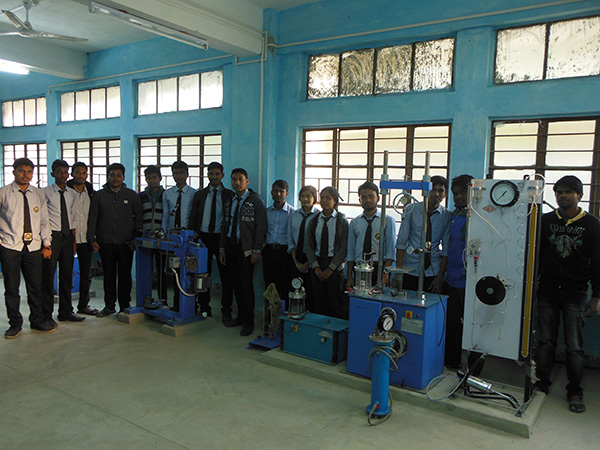 |
2. Concrete Technology Laboratory |
Instruments : |
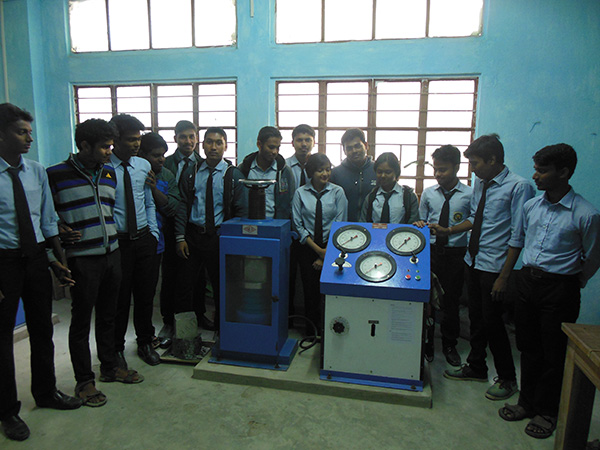 |
3. Transportation Engineering Laboratory |
Instruments : |
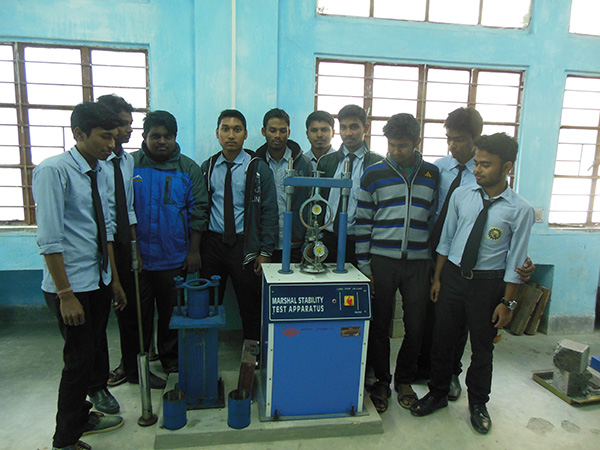 |
4. Applied Mechanics Laboratory |
Instruments : |
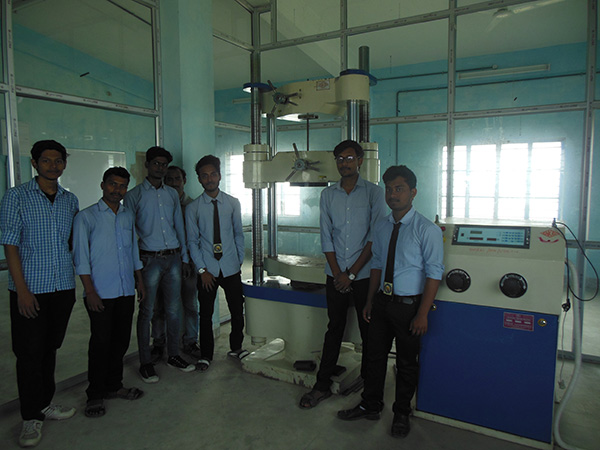 |
5. Hydraulics Laboratory |
Instruments : |
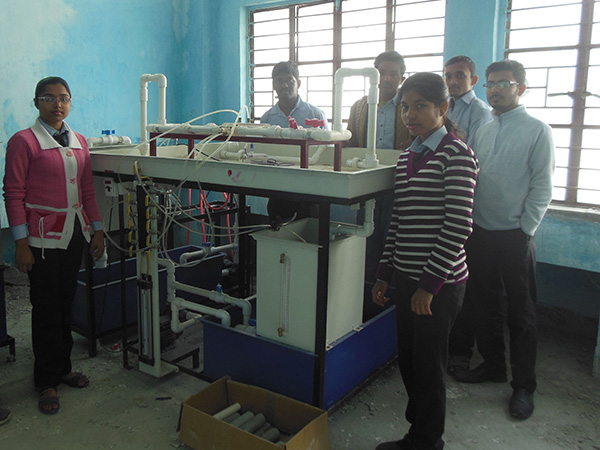 |
6. Environmental Engineering Laboratory |
Instruments : |
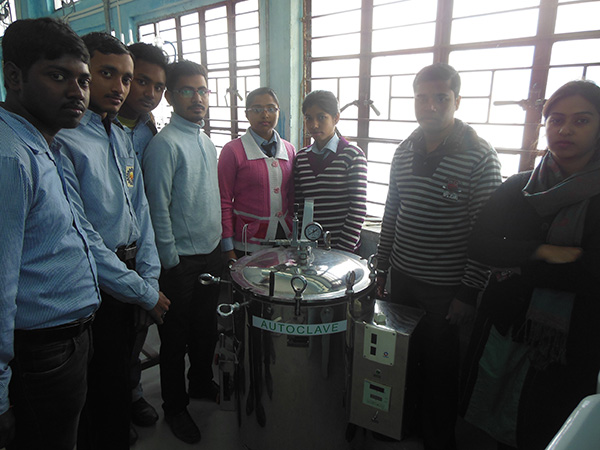 |
7. Surveying Laboratory |
Instruments : |
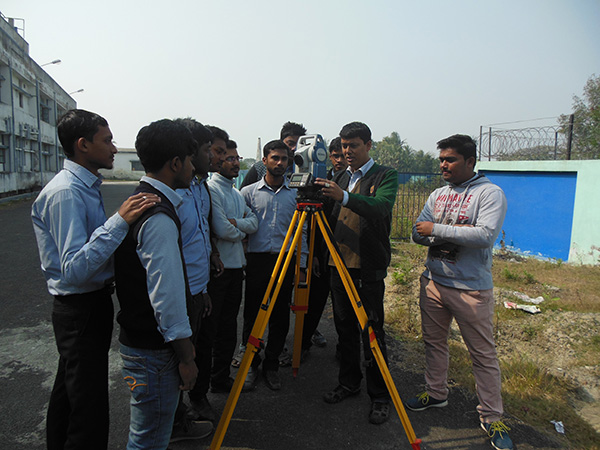 |
With the evolution of the society there has been a tremendous change in food supplies and demand systems globally. Innovations in the field of food processing are vital for catering to the changing scenario. Food Processing deals with all aspects of the unit operations involved in processing the raw materials to the finished products, their packaging and safe storage too. The study of food processing technology enables the generation of significant employment in agro – food processing industries.
Laboratories of Food processing Technology
1. Microbial Technology Laboratory |
Instruments : |
 |
2. Food Preservation Laboratory |
Instruments : |
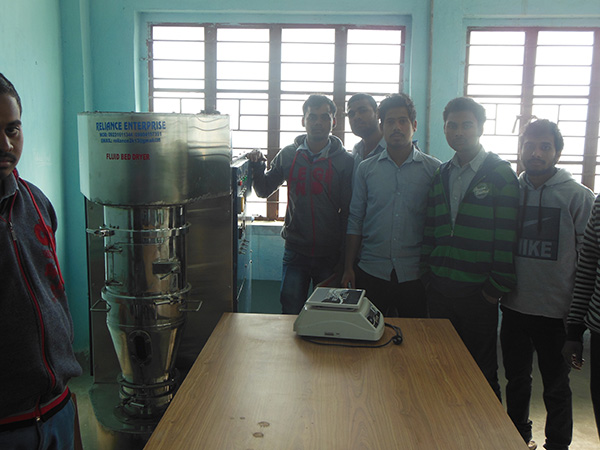 |
3. Food Processing Laboratory |
Instruments : |
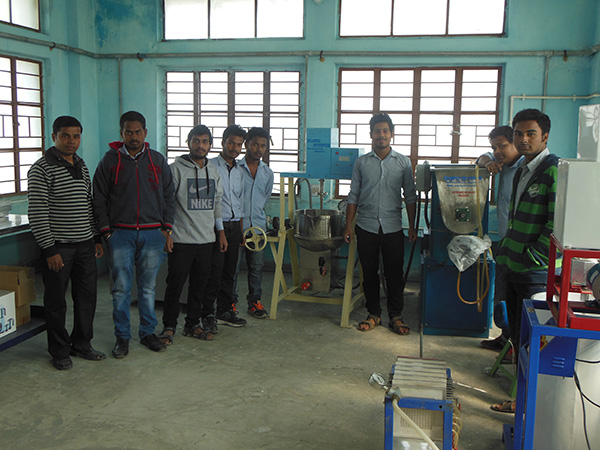 |
4. Chemical Engineering Laboratory |
Instruments : |
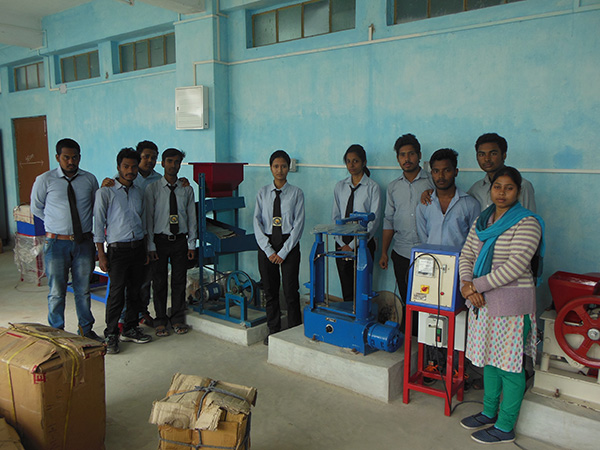 |
5. Instrumentation Laboratory |
Instruments : |
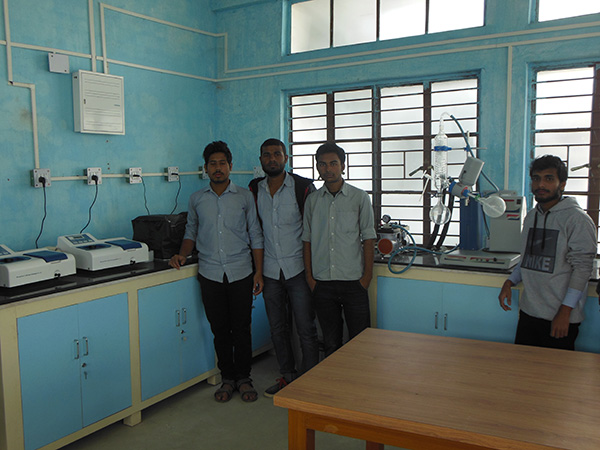 |
6. Biochemical and Analysis Laboratory |
Instruments : |
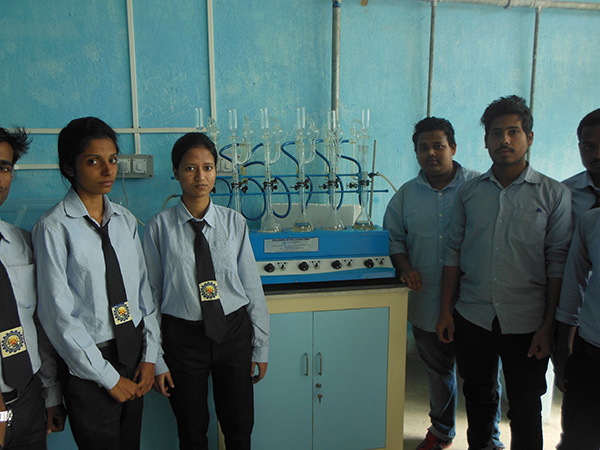 |
7. Bakery and Confectionary Laboratory |
Instruments : |
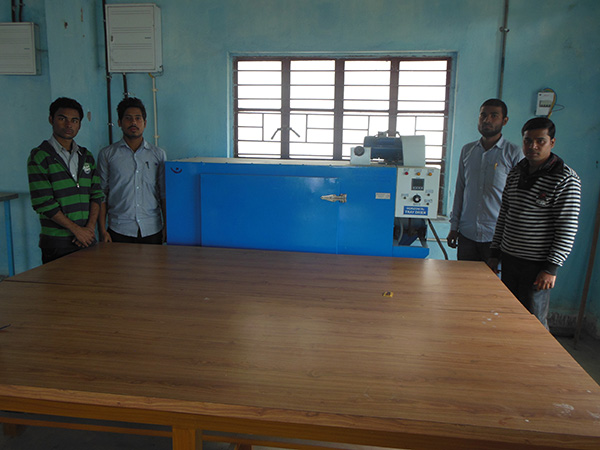 |
Mechanical Engineering is a diverse and dynamic field that applies fundamental principles of physics, mathematics, thermodynamics and materials science to design, manufacture, and maintain various products.
Mechanical engineers utilize problem-solving skills to develop innovative solutions, addressing human needs through technological innovation.
The discipline plays a vital role in shaping industries such as manufacturing, automobile, space industry, refrigeration, and Energy. Mechanical Engineers aim to create safe, efficient, and reliable products while minimizing costs.
Laboratories of Mechanical Engineering Department
Sr. No. |
Name of the Laboratory/Workshop |
Instrument/Equipment/Machine |
1 |
Materials Testing Lab |
1. Universal Testing Machine |
2 |
Thermal Engineering Lab |
Compressors and Pumps: |
3 |
Machine Shop |
1. Lathe Machine |
4 |
Welding Shop |
1. Arc Welding Setup |
5 |
Computer Aided Machine Drawing Lab |
Computers equipped with AutoCad Software |
6 |
Engineering Metrology and Mechanical Measurement Lab |
Gauges |
7 |
Power Engineering Lab |
1. Cut section model of single cylinder 4 stroke diesel engine |
8 |
CNC Lab |
Computers equipped with CNC Lathe and CNC Milling simulation software for virtual machining practice. |
9 |
Fluid Mechanics and Machinery Lab |
1. Hydraulic bench |
10 |
Oil Hydraulics & Pneumatics Lab |
1. Oil hydraulic trainer kit |